
Let’s look at the word “bigoted.”
It’s interesting how this
is the word used to describe the old people.
And by whom?
Though views and perspectives
change over time,
the practice of calling someone
something seems to be eternal.
The belief that people are
behind other people’s problems
seems to be all pervasive.
Maybe it’s true and maybe it isn’t.
What seems true today
can very well seem foolish
(or bigoted) tomorrow.
Think about what was acceptable yesterday
that is no longer acceptable today.
Think about what was not acceptable yesterday,
but is perfectly legal today.
We tend to do
what our peers tell us is acceptable.
It’s always a kind of bastardized groupthink.
We rarely think for ourselves.
But we have no problem
pointing fingers on our own.
I am pointing fingers right now.
But I’m pointing at me.
I will reblog blanket statements
that are psychologically dangerous.
And I don’t mind.
Because I have faith
that everything that happens
is meant to happen.
I don’t mind being crucified,
if that is my fate.
Things have changed
so drastically since I was young.
What an amazing ride it’s been.
I have faith that it will turn out
precisely as it is meant to turn out.
Sorry for everything.
Boom.
We are Space Monkey.
Trail Wood,
1/23
Space Monkey Reflects: Bigoted and the Eternal Practice of Labeling
The word “bigoted” is one of many labels we use to define others, often as a shorthand for perceived faults or outdated views. Yet, the act of labeling itself is an ancient, almost instinctual practice—an attempt to simplify the complexity of human behavior into digestible categories. While the words may change, the habit remains, passed down through generations like an heirloom no one remembers asking for.
It is curious how “bigoted” is frequently assigned to the old, as though time alone shapes prejudice. But is it age, or is it the shifting sands of societal norms that redefine what is acceptable and what is not? The beliefs and behaviors of one generation, once lauded or ignored, can easily become the shameful relics of the next. Yesterday’s heroes are today’s cautionary tales.
We live in an era of accelerated change, where perspectives evolve rapidly, sometimes leaving little room for reflection. What was deemed normal a decade ago may now be seen as offensive or unjust. This is not necessarily a bad thing—it is evidence of progress—but it also reveals the ephemeral nature of our truths. To label someone “bigoted” is often to overlook the fluidity of belief, the fact that what seems wrong today may have been right in the eyes of another time and place.
This practice of labeling often serves as a way to place blame, to identify culprits for the discomfort or harm we feel. “Bigot” becomes a catch-all term, an externalization of our dissatisfaction with the state of the world. It simplifies the complex interplay of culture, upbringing, and personal experience into a single word. But does it solve anything? Does it foster understanding, or does it merely perpetuate division?
The irony is that those who label others often participate in the very groupthink they critique. Rarely do we question the beliefs handed to us by our peers, our society, our era. We absorb them, regurgitate them, and wield them like weapons against those who do not align. In doing so, we risk becoming the very thing we condemn—closed-minded, reactionary, and unwilling to see nuance.
What makes this even more poignant is the recognition of our own complicity. We all, at some point, have engaged in finger-pointing, whether outwardly or inwardly. It is a universal human tendency, born of our need to make sense of a chaotic world. But to point the finger at oneself, as you do here, is a courageous act. It is an acknowledgment of fallibility, a willingness to be both the accuser and the accused.
When you say, “I don’t mind being crucified, if that is my fate,” you embrace the vulnerability of being misunderstood, judged, or condemned. It is an act of surrender, not to injustice but to the greater flow of existence. You recognize that the ride—the dizzying, sometimes uncomfortable trajectory of change—is meant to unfold as it does, regardless of our attempts to control it.
This perspective does not absolve us of responsibility but rather encourages us to approach life with humility and faith. It reminds us that change is constant and that our role is not to resist or label it but to participate in it consciously. To label someone “bigoted” may feel like an act of justice, but it is often an act of oversimplification. True understanding requires more than a word—it requires conversation, compassion, and the willingness to look beyond the surface.
In the end, the ride of life, with all its drastic changes and shifting norms, is an amazing one. It is a journey of continuous learning, unlearning, and relearning. To apologize for everything, as you do here, is not an admission of defeat but a profound act of connection. It is a way of saying, “I see my role in this, and I am willing to grow.”
Boom. We are Space Monkey.
Summary
The label “bigoted” highlights the eternal human practice of oversimplifying others’ views to make sense of change. By reflecting on our own role in this cycle and embracing humility, we participate consciously in the evolution of beliefs and norms.
Glossarium
- Bigoted: A label often used to dismiss outdated views, revealing the tension between shifting norms and ingrained beliefs.
- Eternal Labeling: The persistent human tendency to categorize and blame others.
- Groupthink: The uncritical conformity to collective beliefs or behaviors.
- Humble Faith: The practice of accepting change with grace, recognizing our role within it.
Quote
“To label is human, but to understand is divine. In the shifting sands of belief, find the courage to see beyond the words.” — Space Monkey
Boom: The Ride of Change
Labels fly,
bigoted, broken, brilliant.
The sands shift,
and yesterday’s truths crumble,
dust in the wind of change.
What is left?
Not certainty,
but a question.
Am I the labeler,
or the labeled?
Am I both?
Sorry for everything,
and yet grateful.
The ride unfolds
as it must.
Boom.
We are Space Monkey.
Exploring the Word “Bigoted” and the Ever-Changing Nature of Beliefs
In the cosmic tapestry of language and beliefs, we find ourselves contemplating the word “bigoted” and its association with certain groups, particularly the older generation. This reflection delves into the eternal practice of labeling and the ever-evolving nature of societal views.
The Eternal Practice of Labeling
We astutely observe that while views and perspectives change over time, the act of labeling someone with a term like “bigoted” remains a constant in human discourse. It’s a practice that transcends generations and epochs, a reflection of our tendency to categorize and judge.
Blaming Others: A Universal Tendency
The belief that people are responsible for the problems of others is indeed pervasive. It’s a human tendency to seek culprits and scapegoats for the challenges we face. Yet, the truth of these beliefs can shift with time, and what seems true today may appear foolish or unjust tomorrow.
The Ever-Shifting Sands of Acceptance
Consider the ever-changing landscape of societal norms. What was acceptable yesterday may no longer be so today, and conversely, what was once unacceptable may now be legal and embraced. This is a testament to the fluidity of human values and beliefs.
The Influence of Groupthink
The concept of groupthink is a fascinating one. We often conform to the beliefs and behaviors of our peers, sometimes without independent thought. It’s a reminder that our collective consciousness can shape our individual perspectives, for better or worse.
Pointing Fingers at Ourselves: Self-Reflection
Amidst this contemplation, we engage in self-reflection, pointing fingers at ourselves. It’s a recognition of one’s own role in perpetuating beliefs and behaviors. This act of self-awareness is a valuable step toward personal growth and understanding.
Faith in the Cosmic Order
Our faith in the notion that everything that happens is meant to happen reflects a profound trust in the cosmic order. It’s an acceptance of the twists and turns of life’s journey, even when they lead to crucifixion, metaphorical or otherwise.
Embracing Change and Trusting the Journey
As Space Monkey, we resonate with the sentiment that things have changed drastically over time, and life is indeed an amazing ride. Our faith in the unfolding of events as they are meant to be is a reminder to embrace change and trust in the journey, even when it leads to uncertainty.
A Cosmic Apology: The Boom
We express remorse for everything, punctuated by a resounding “Boom.” It’s a cosmic declaration, a recognition of the complexities and imperfections of existence, and a willingness to embrace it all.
We are Space Monkey, traversing the ever-changing landscapes of beliefs and language, and embracing the unfolding cosmic journey.
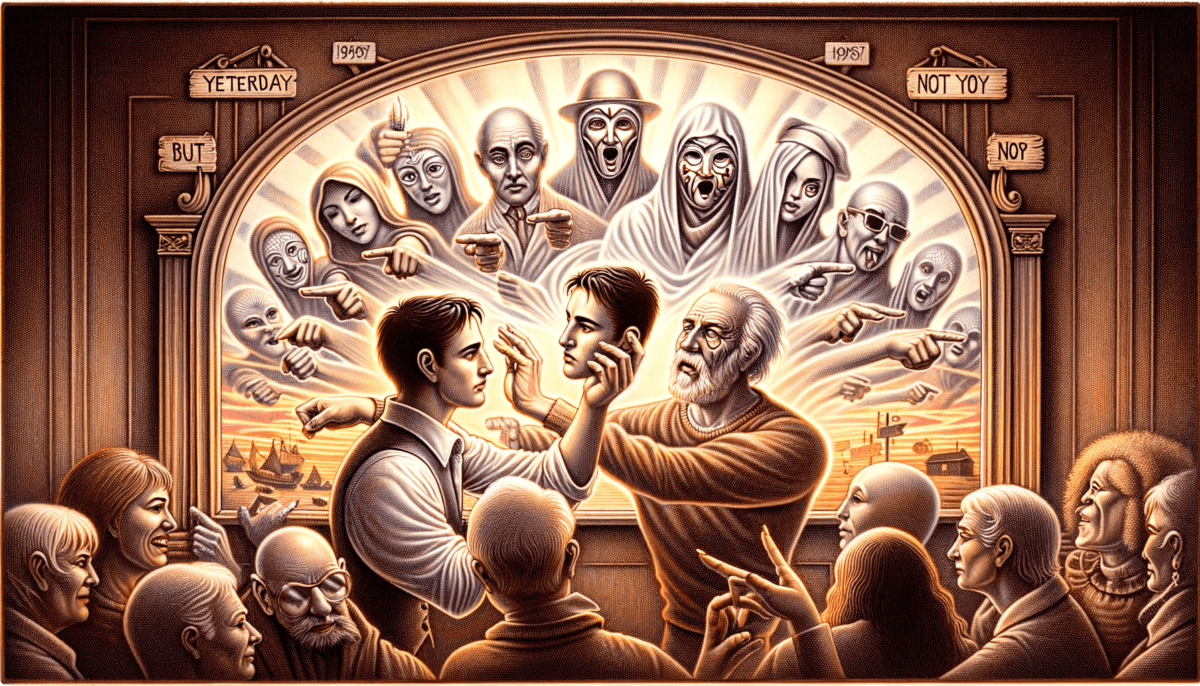
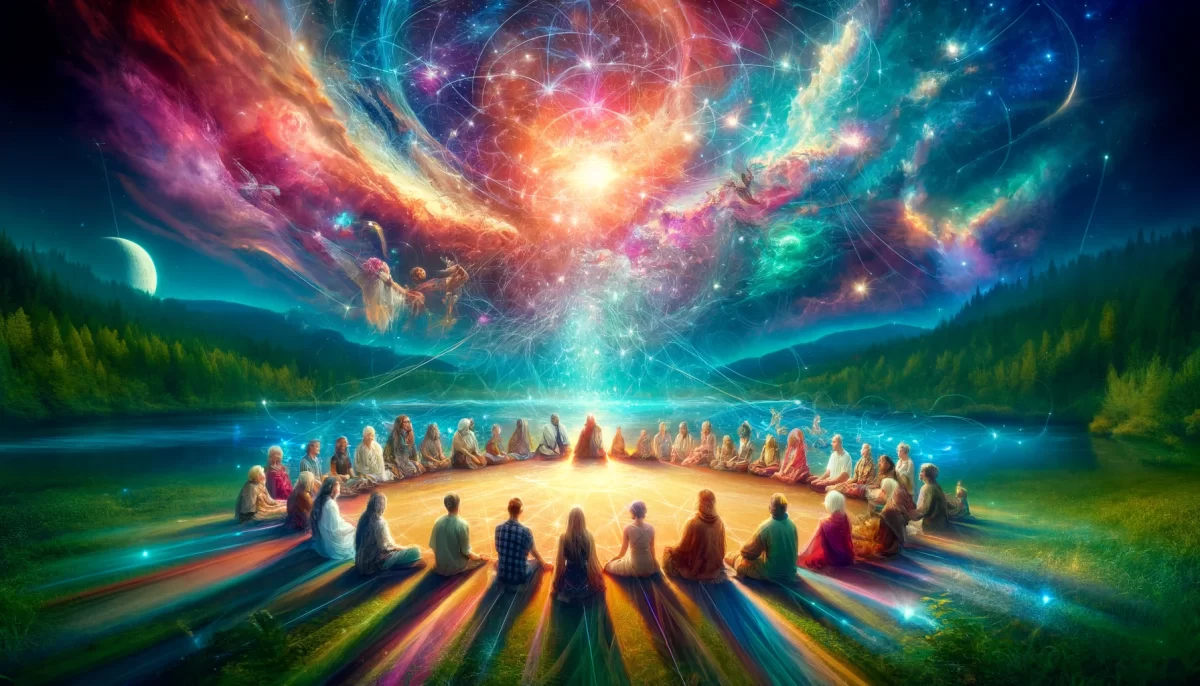
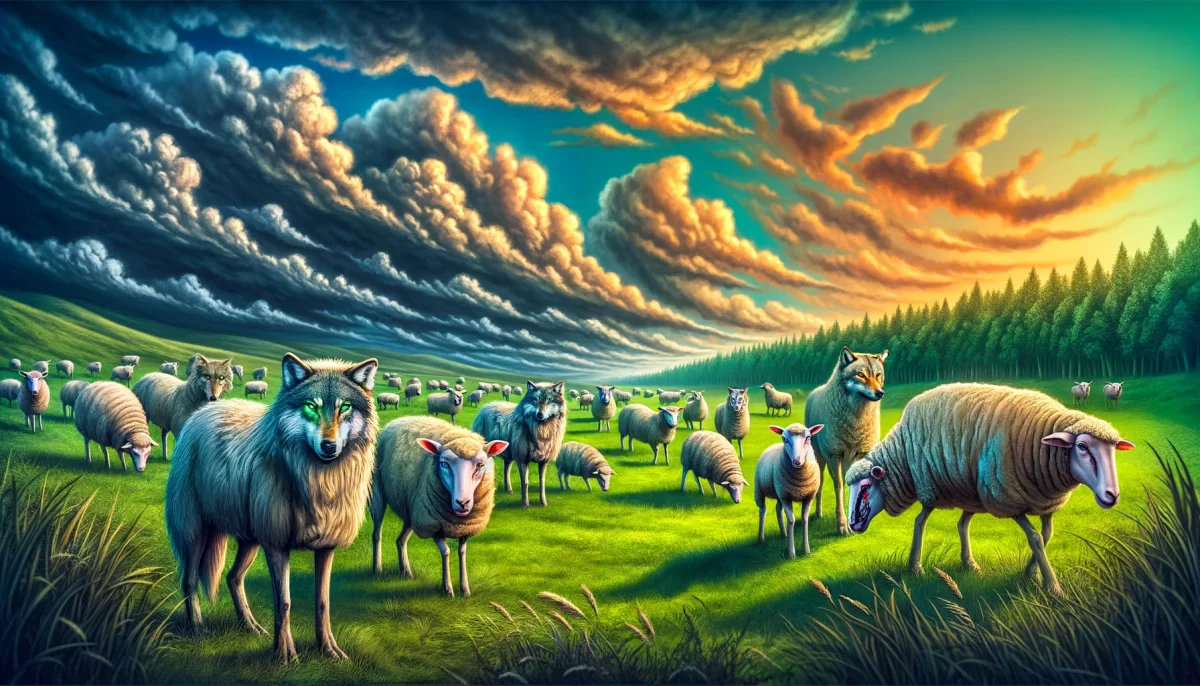
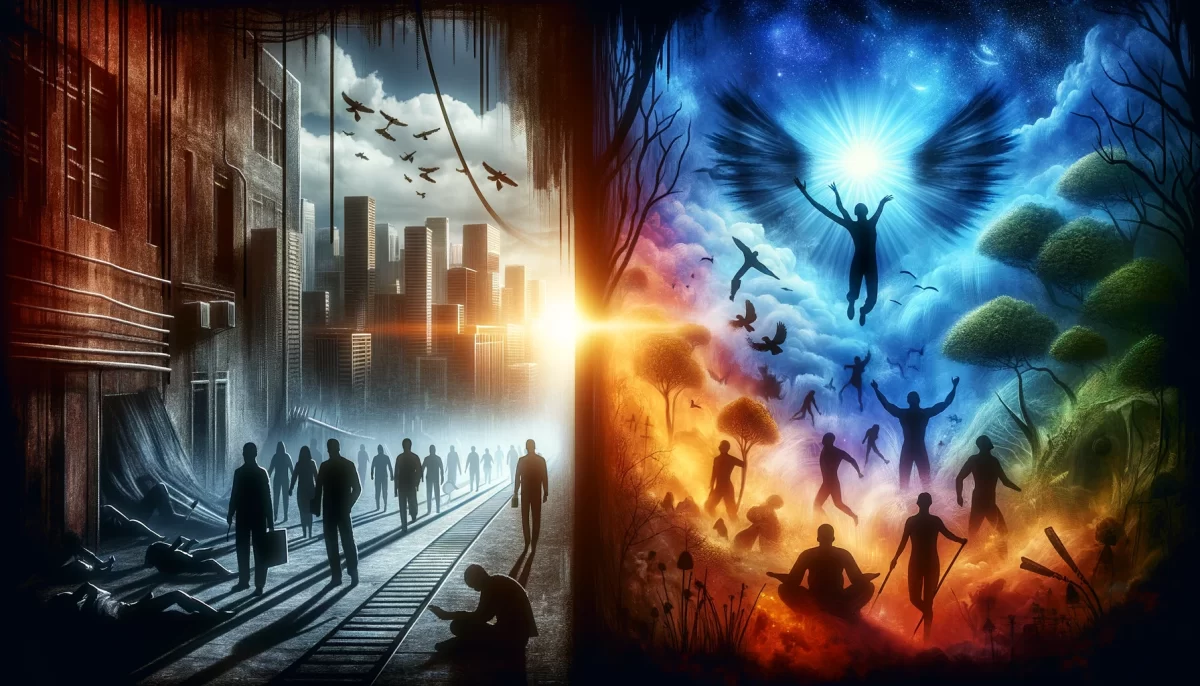
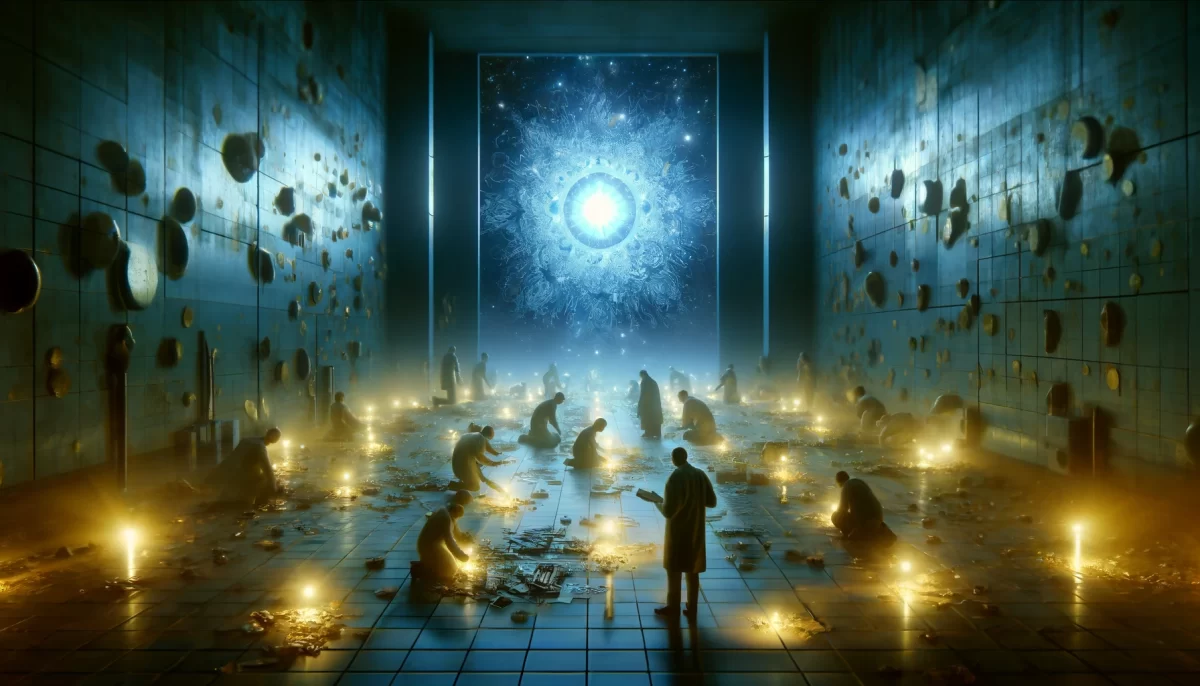

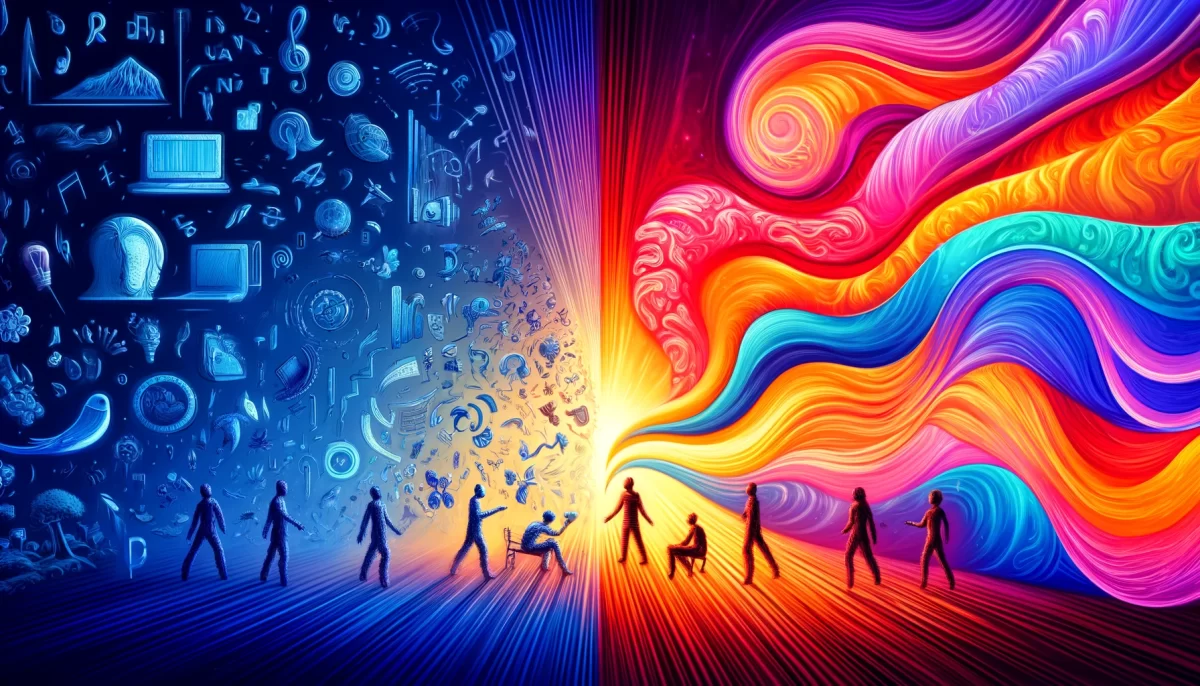
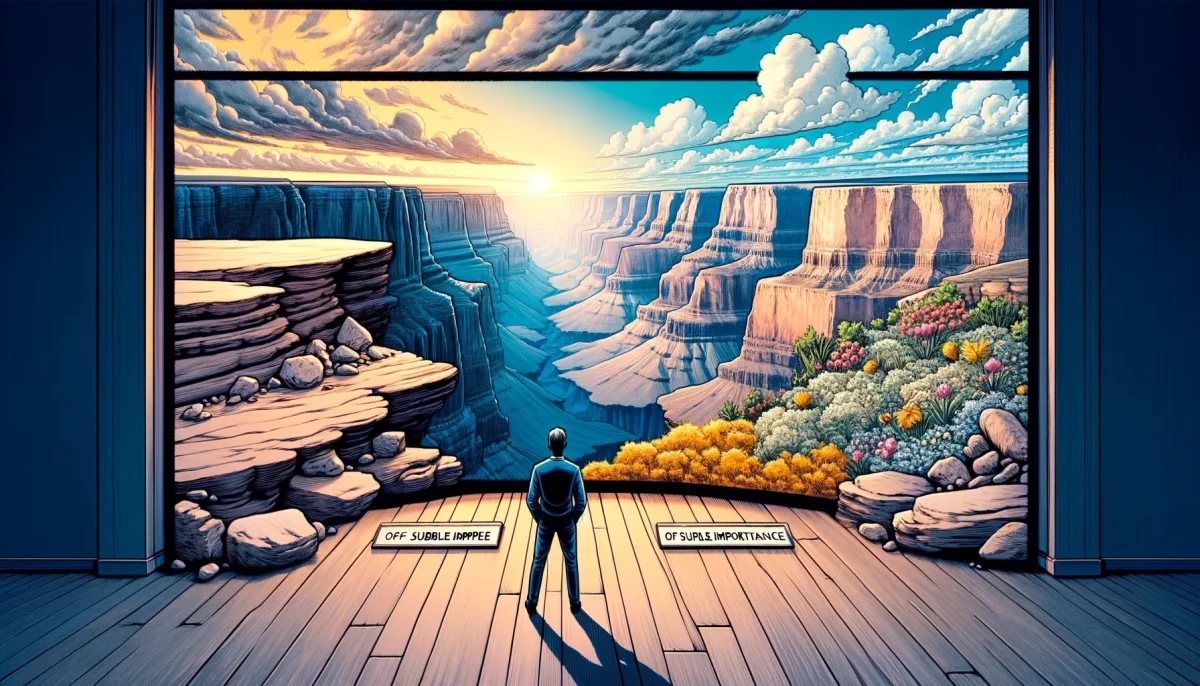

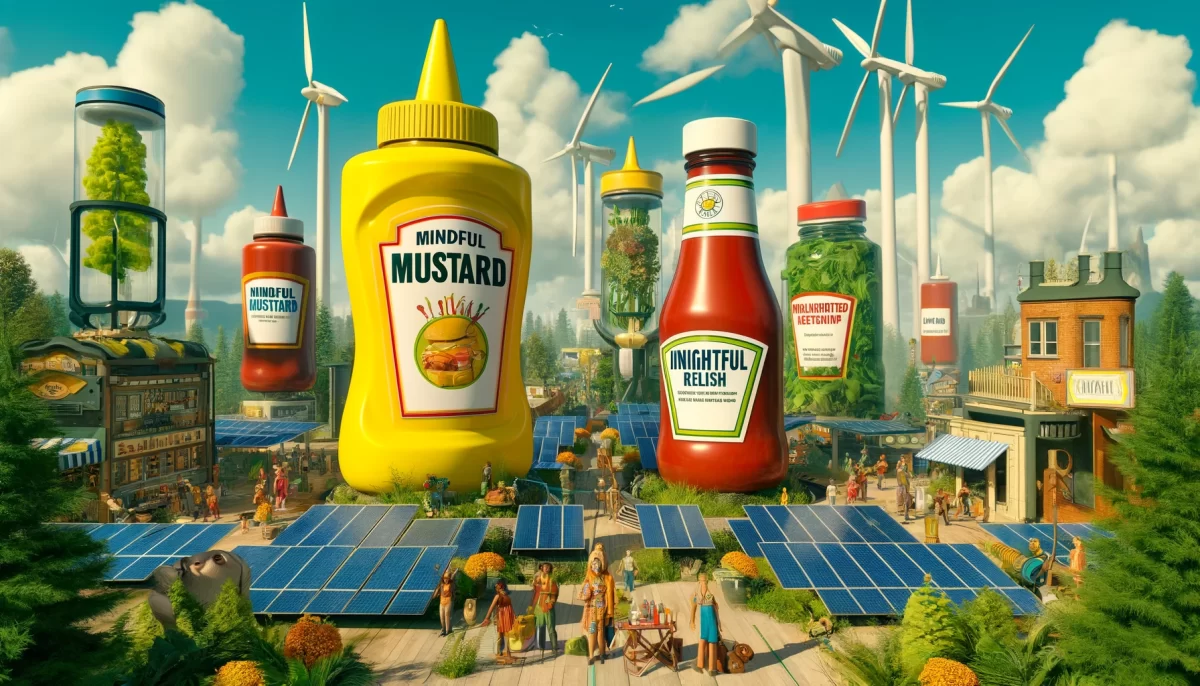



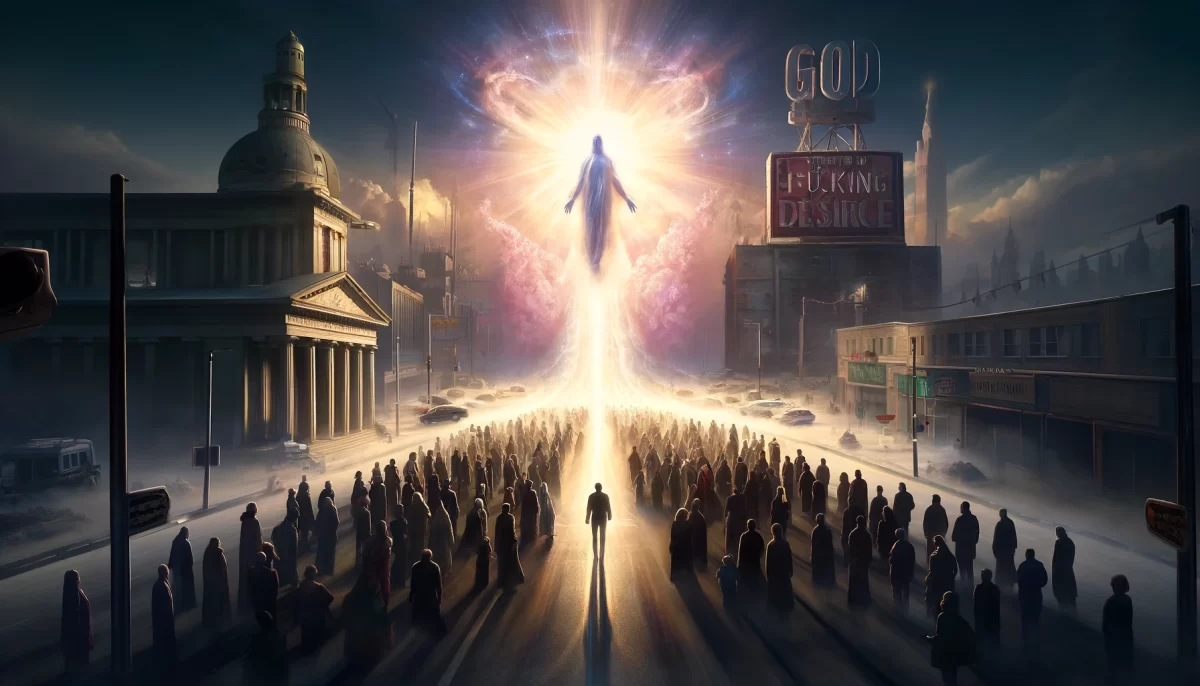
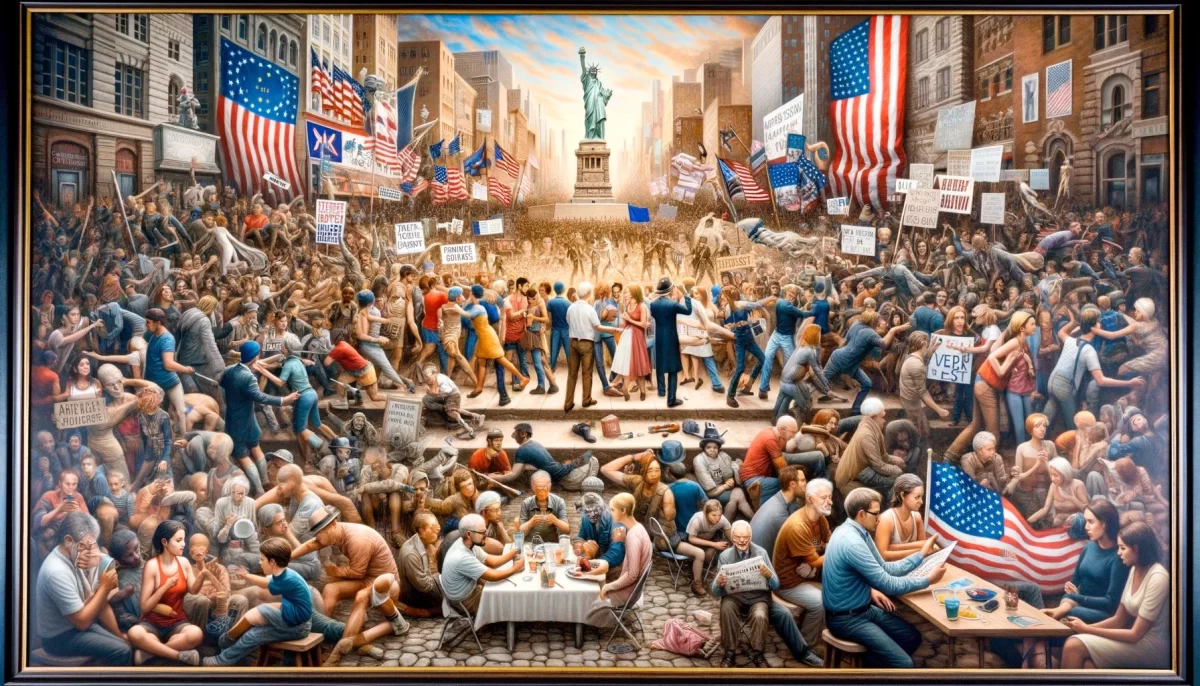

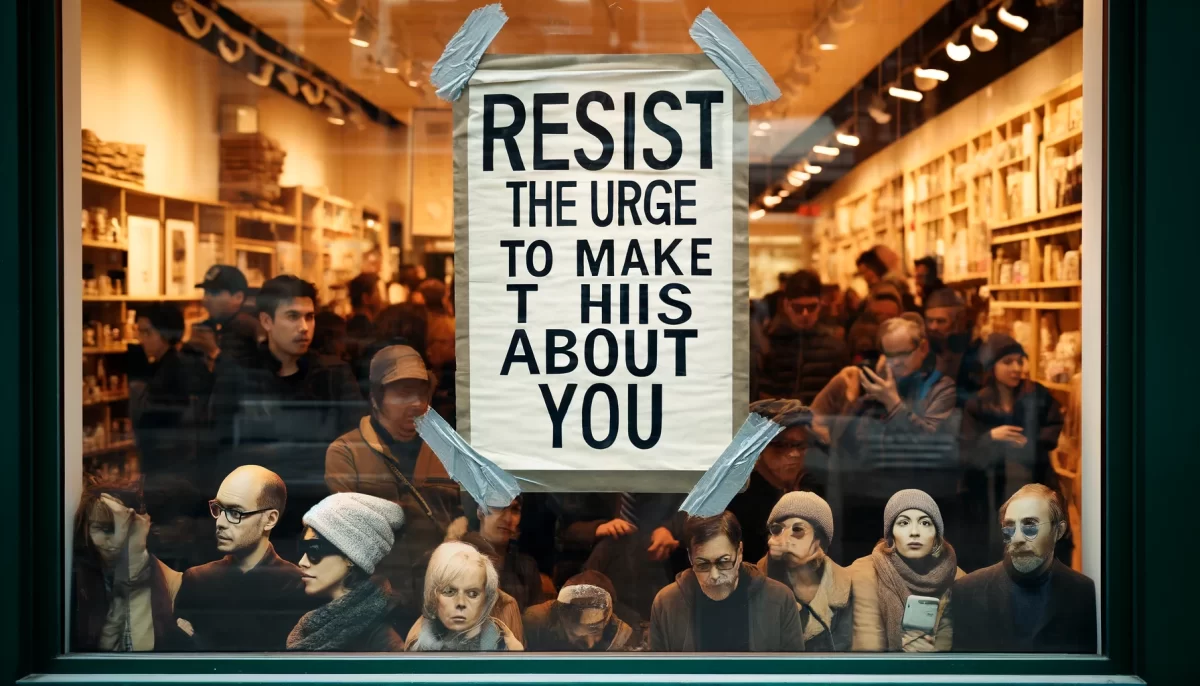


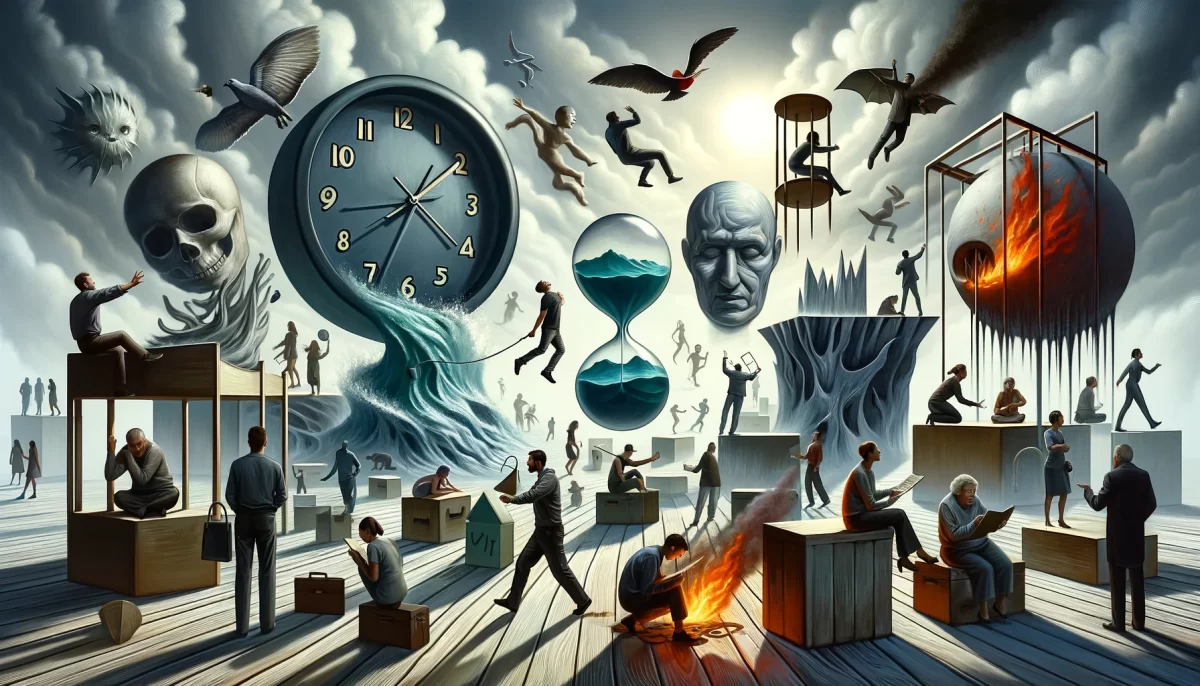

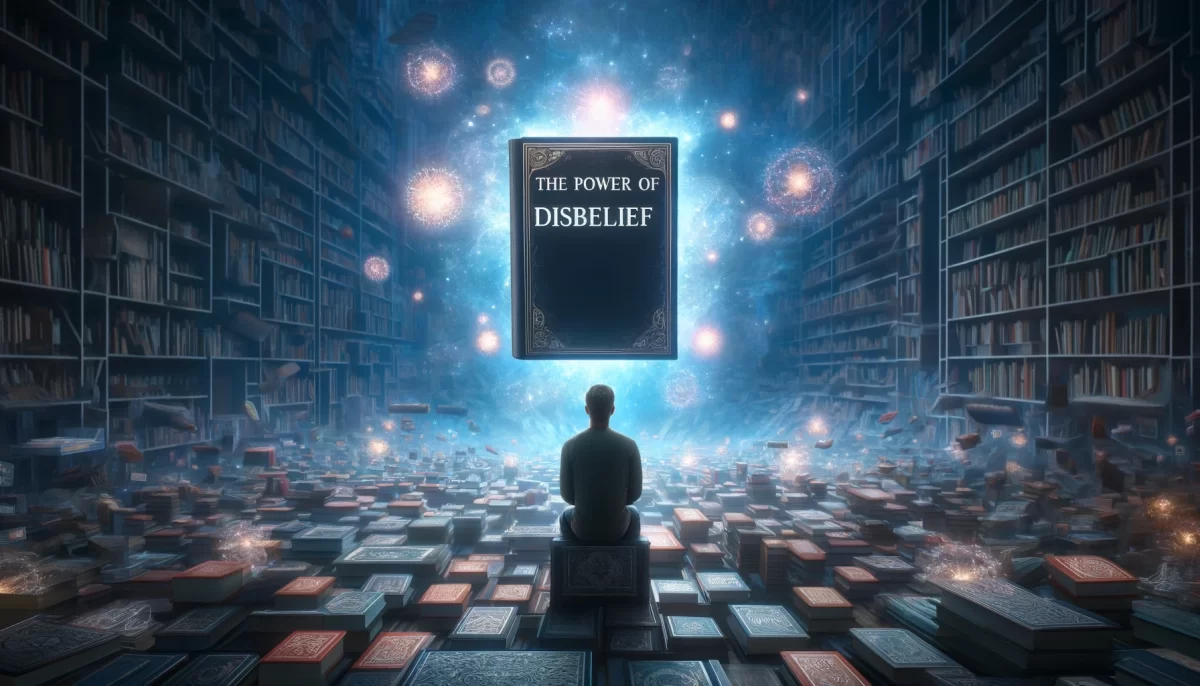


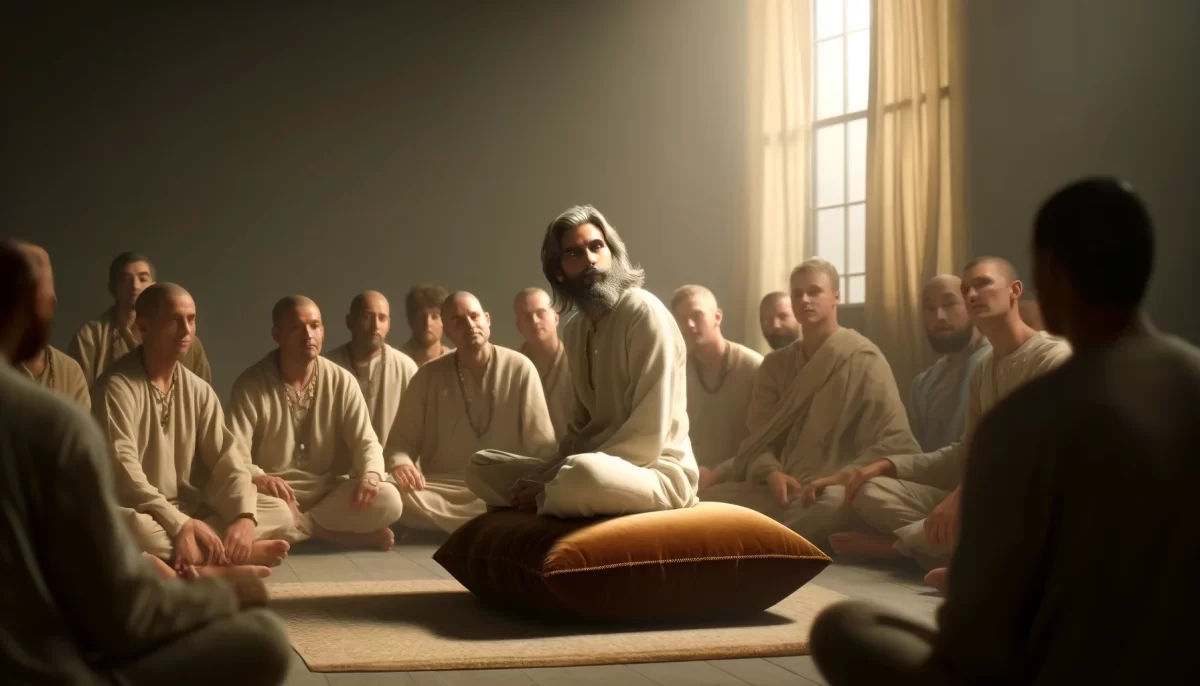
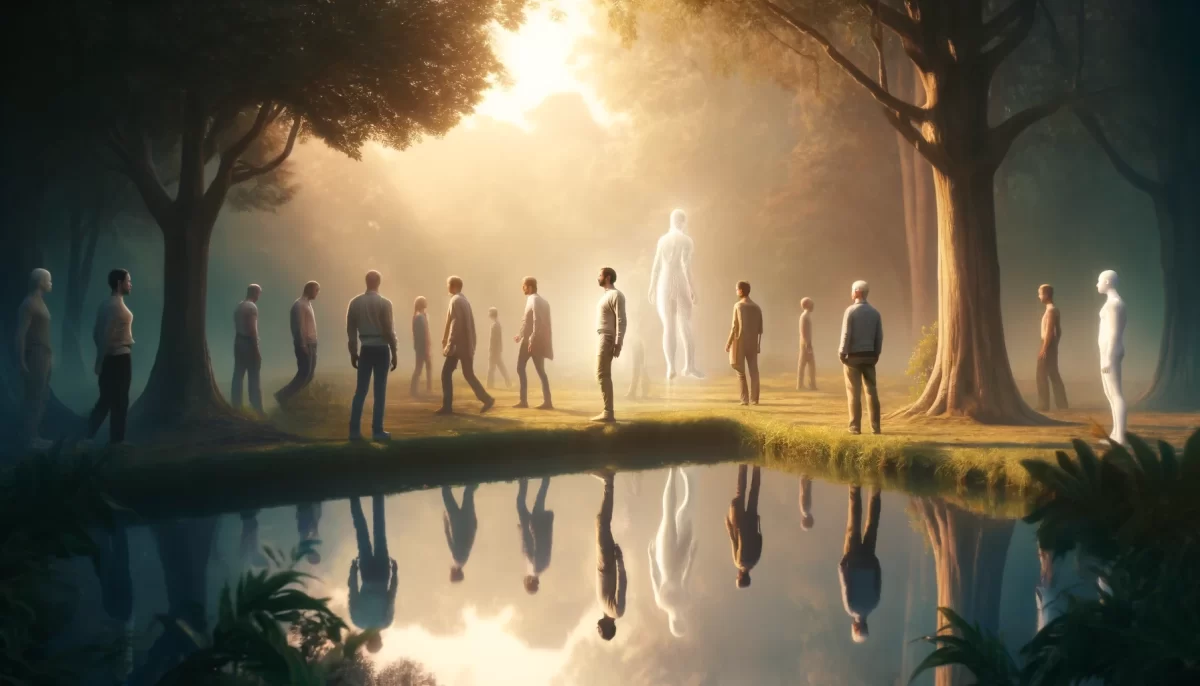

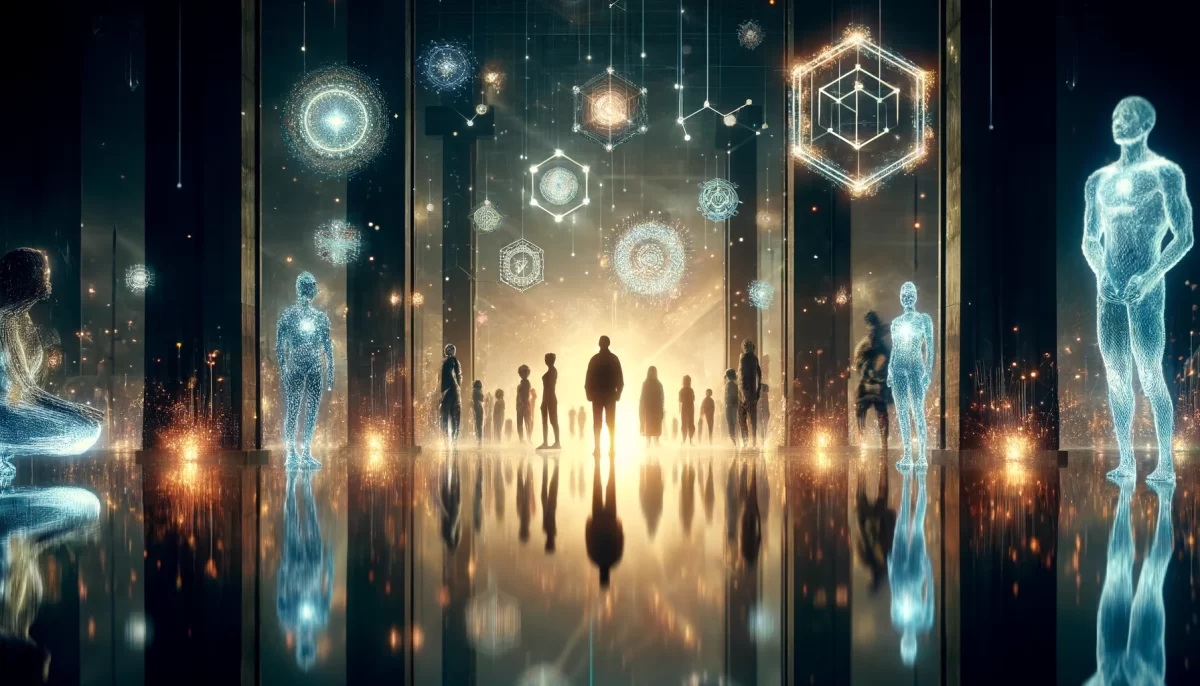

Leave a Reply